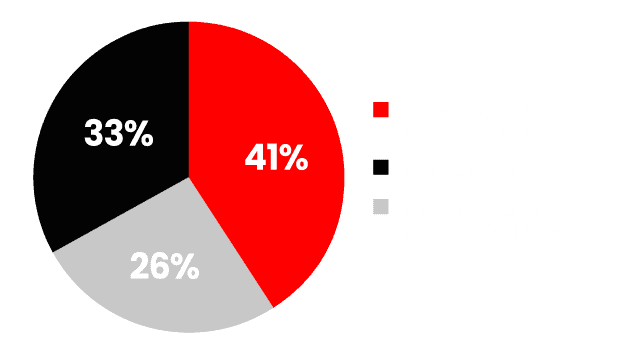Corporates
Be part of a large corporate organisation
The corporates mostly provide valuations for secured lending that are commissioned by banks and building societies. Most corporates are now providing an increasing number of condition surveys for home buyers, including developing their own bespoke report formats to take advantage of the market opportunities in this area. Some examples of corporate employers are e.surv, Countrywide Surveying Services, Connells Survey & Valuation, Legal & General Surveying Services (LGSS) and SDL Surveying.











